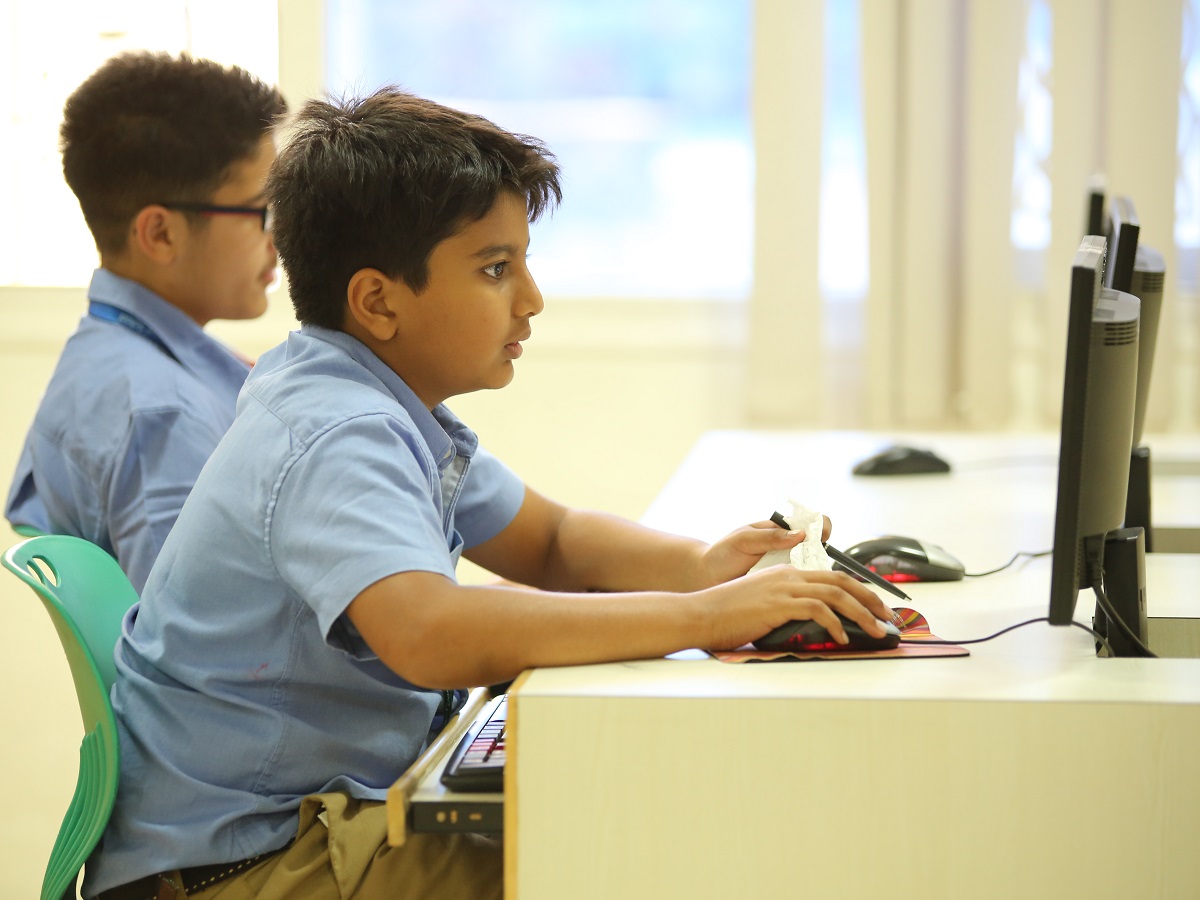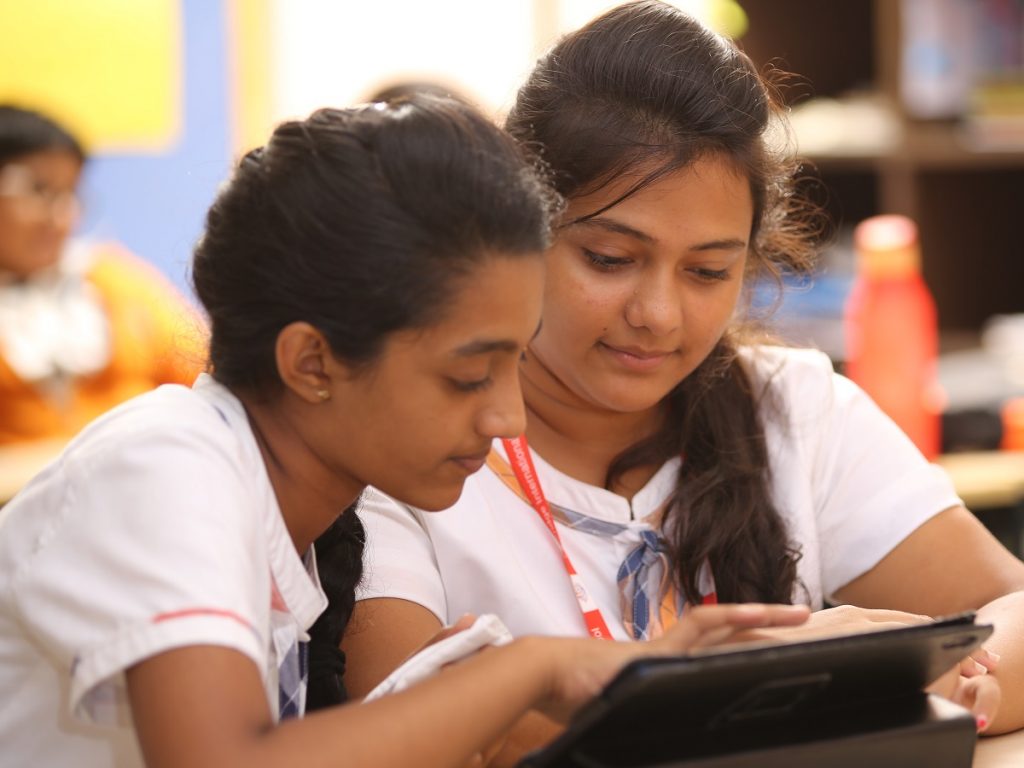Did you know, by the age of two, more than 80% of kids have an online presence? But, what about internet safety?
Children are now born into the age of Internet. This influences everything they do, from school, to home, to play, their constant connectivity has prompted plenty of concerns for aware parents.
On the World Wide Web, you can learn about practically anything you want, even see pictures of it. But how do parents filter out the age-appropriate content? Even more important is that you must ensure internet safety for your children and that they are safeguarded from contacting strangers.
Parents can ensure internet safety for the kids by following these tips:
1. Discuss the online risks with your children
Here’s what you need to discuss with your kids about online dangers.
- Interactions with complete strangers, and individuals such as predators, those seen in chat rooms for gaming lobbies or social media messaging. Talk about the cyberbullying and phishing scams that can manipulate your child into disclosing private information about you or about them.
- Inappropriate or unsafe content, which includes content that is overtly sexual, especially obscene photographs and videos. Content that is violent or disturbing, such as graphic violence or assaults. Content that is inappropriate or improper for children, such as drug or alcohol use or profane language. Downloading illegal content, such as music or video files to save them from online scams and fraud.
- Problems with computer security such as drive-by downloads, in which a child’s PC can be infected with malicious software only by visiting a webpage. Alert them about infections with malware, which can grant unauthorized users access to your child’s computer. It might show up in web links, attachments, peer-to-peer (P2P) file-sharing apps, and more. Adware programs, pop-up ads, and other unwanted content are frequently downloaded together with freeware or shareware programs. They might also include spyware.
2. Managing & Tracking Your Children’s Internet Access
- Set up a regular routine for automated virus checks and do a deep system scan once a month to make sure you don’t have any intruders using your computer in order to obtain your child’s personal information. Additionally, watch out that your kids wait until they are at least 13 years old before opening any social media accounts or downloading any social media apps. That is not only a piece of advice; it is also the law. Children’s internet privacy was safeguarded by the 1998 passage of the Children’s Online Privacy Protection Rule.
- If you plan to maintain tabs on their internet activities, retain a record of their browser history, and store a copy of their passwords, be sure to let them know. Children’s faith in you can be damaged if you monitor their online behavior without notifying them first.
3. Giving your child the benefit of the doubt and respect
- Parents mostly struggle between limiting unsuitable internet usage and acknowledging the growing independence of their children. Children must be given the opportunity to grow and learn from their own decisions. Severe content restrictions won’t help them do it. They may even become more stubborn as a result. You must respect your child while employing online security controls. The crux is that, respecting their children and implementing internet security controls must go hand in hand. Children’s internet safety begins with flexible, effective parental controls that are supported by reliable virus prevention software.
4. Apply security controls for your children
- By using the proper firewall settings and up-to-date software, including antivirus software, you may make sure to apply security controls for your children. Always educate your child about the dangers of utilizing pirated software and other’s USBs without a scan.
When it comes to our school, students at Oakridge International School, India (OIS) have a secure access to the Internet, as provided by OIS Information Technology (IT) systems and equipment, and as per the school requirements which vary across all age groups of students. We reserve the right to restrict access to internet content through OIS IT Facilities, as permitted by relevant governing law. This policy is designed to help parents and students better understand their obligations with respect to using associated IT systems and equipment. To know more, visit our website and learn about student IT policy.
Expert analysis from Preeti Sahu – Shaping Brands and Inspiring Connections






